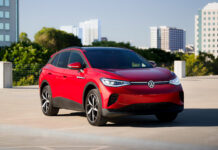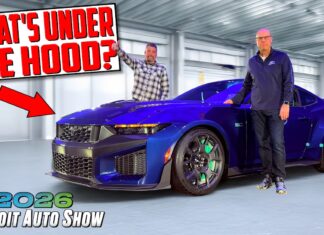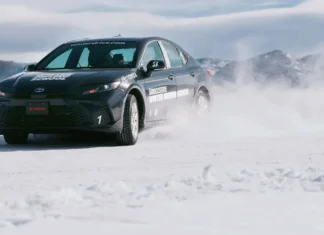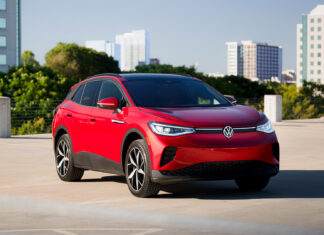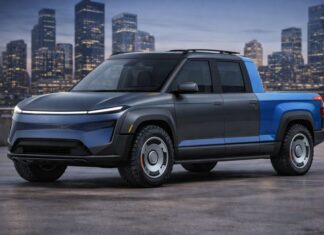
Jaguar Land Rover is no stranger to building both hybrid, and full electric vehicles. In fact, the company plans to have zero tailpipe emissions by the year 2036. The company announced this week, though, that they are working on a new hydrogen fuel cell prototype for its newest Defender SUV. To really hit on the electrification angle, they’ve dubbed the vehicle “Project Zeus”.
JLR claims that they are looking towards the future of Hydrogen fuel cells due to their ability to quickly refuel, and maximize range, “making the technology ideal for larger, longer-range vehicles.” To understand how the technology works in a large vehicle, Jaguar Land Rover will build a Defender prototype powered by a fuel cell.

Testing of the Defender FCEV will begins “towards the end of 2021 in the UK to verify key attributes such as off-road capability and fuel consumption.”
Here in the United States, hydrogen fuel doesn’t quite have the infrastructure as European nations. However, several automakers including Toyota, Hyundai and now JLR aim to take a multi-pronged approach to weaning their lineups off traditional gasoline or diesel toward alternative fuels over the coming decades.
We will have more updates on Land Rover’s own hydrogen FCV development as they are available. In their statement, the company mentions global hydrogen vehicle numbers doubling since 2018, and that forecasts suggest deployment could top 10 million units by 2030. 10,000 filling stations may also be available, offering greater flexibility to switch to hydrogen, rather than strictly having to go for battery electric vehicles in lieu of internal combustion models.
In terms of the Defender, we’ve extensively tested the vehicle that’s currently on sale, and you can check out our latest long-distance road trip below:

